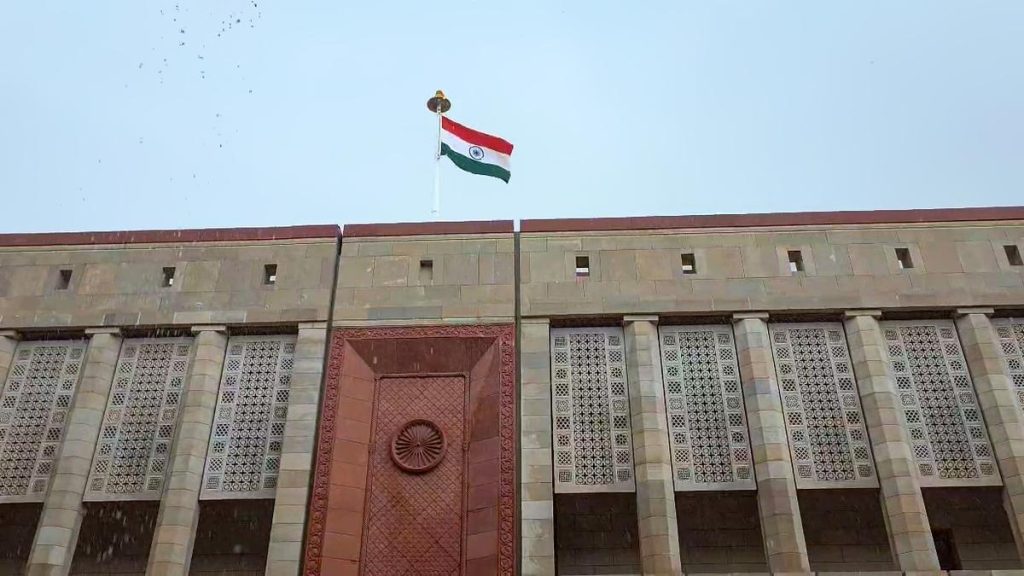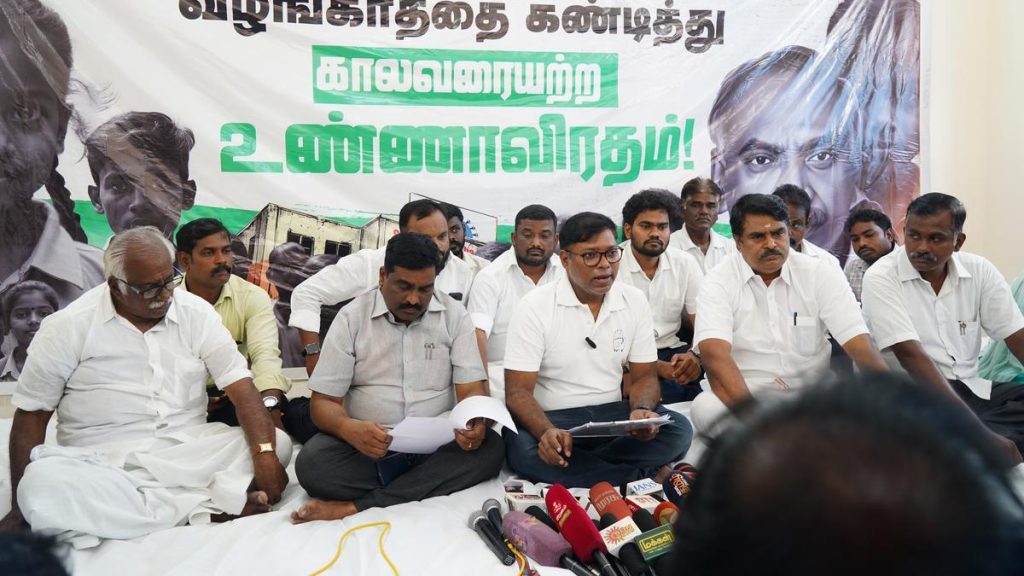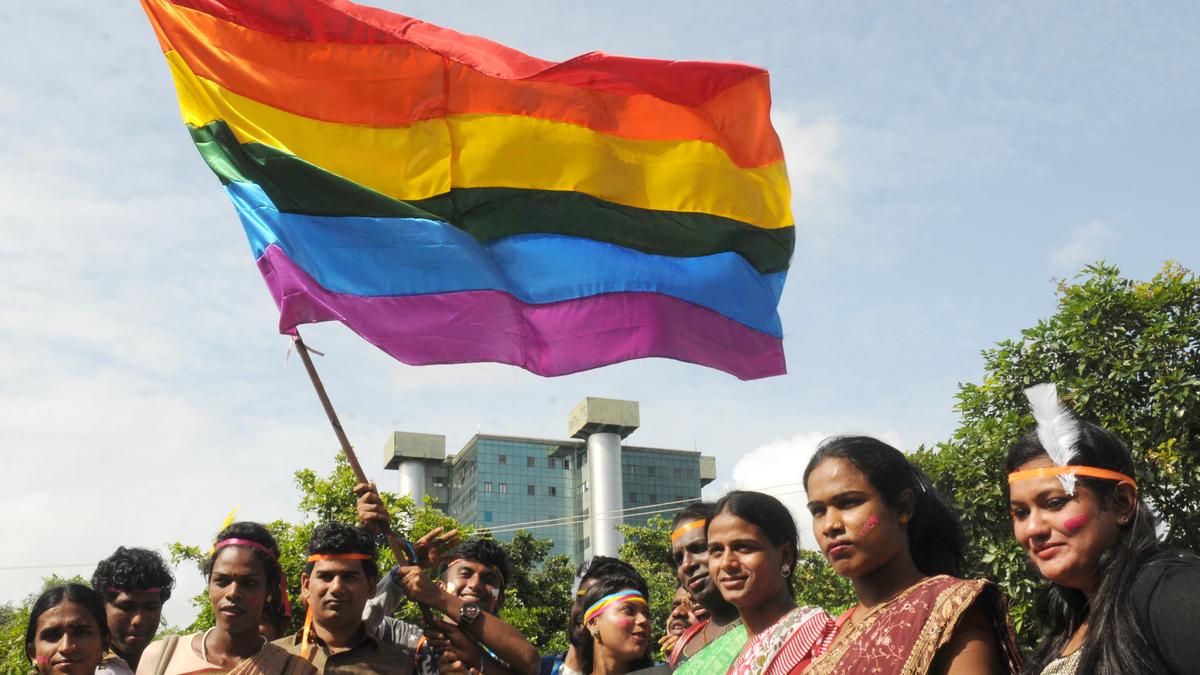Now Reading: Supreme Court Seeks Centre’s Response on Tamil Nadu’s RTE Reimbursement Funds Issue
-
01
Supreme Court Seeks Centre’s Response on Tamil Nadu’s RTE Reimbursement Funds Issue
Supreme Court Seeks Centre’s Response on Tamil Nadu’s RTE Reimbursement Funds Issue
Swift Summary
- Tamil Nadu approached the Supreme Court over ₹3,000 crore in reimbursements to private schools for admitting economically disadvantaged students under the Right to Education (RTE) Act, citing lack of Center’s financial contribution.
- The reimbursement issue arose after a Madras High Court ruling in June 2025 delinked RTE reimbursements from the Centre’s Samagra Shiksha scheme.
- The Central government cited Tamil Nadu’s non-compliance with NEP 2020 guidelines,including objections to its three-language policy,as a factor in withholding funds.
- Tamil Nadu argued that funding education is a concurrent duty of both centre and State under Section 7 of the RTE Act.
- Senior advocate P. Wilson described linking samagra Shiksha funds with NEP compliance as arbitrary and claimed it jeopardized children’s right to education.
- The Supreme Court issued formal notice to the Centre and instructed it to respond within four weeks.
Indian Opinion Analysis
The dispute underscores tension between Central policies like NEP 2020 and individual State governance frameworks. Tamil Nadu’s objections highlight broader concerns about reconciling regional diversity with centralized schemes. While education funding is constitutionally shared between Union and State governments,this stalemate risks undermining critical provisions like free access for economically disadvantaged children mandated under the RTE Act.
The matter highlights larger fiscal challenges states face when bearing additional responsibilities amid limited federal support.Unless coordinated resolutions are achieved upholding both constitutional mandates and political plurality, such conflicts can disrupt key welfare programs affecting vulnerable populations directly.

























